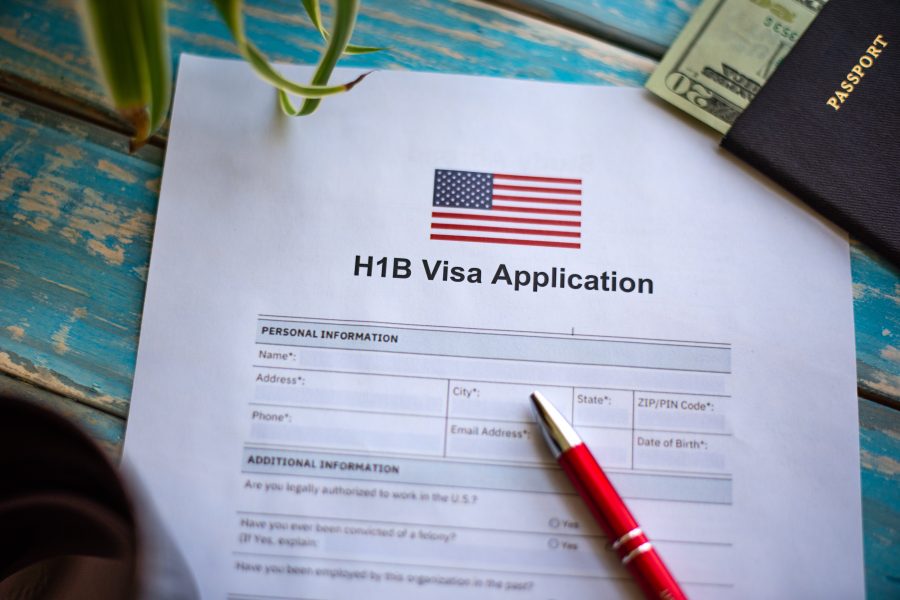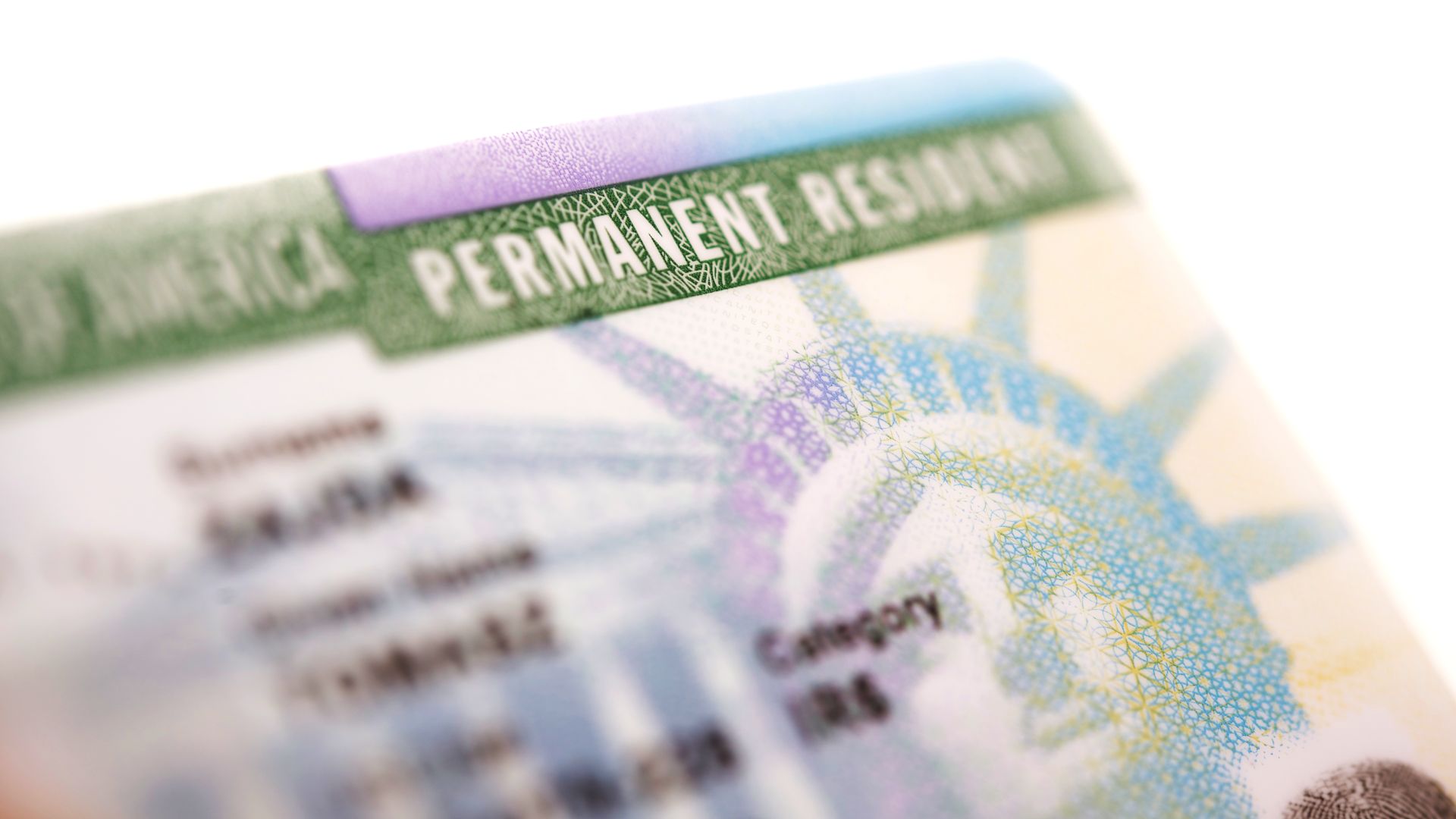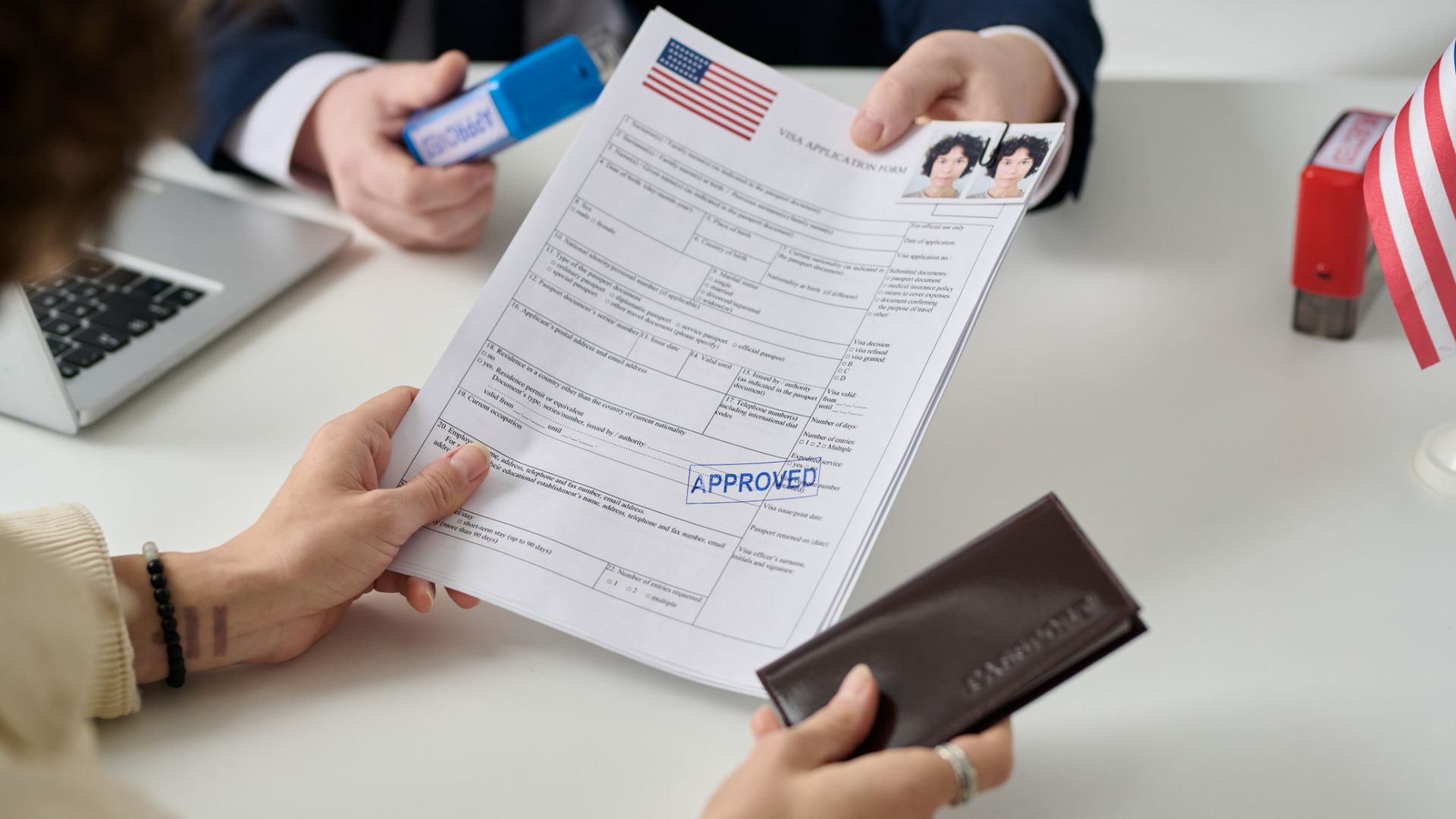The U.S. government recently announced its plan to resume domestic visa renewals for IT workers, including those on H-1B visas. This is an important development for skilled employees from around the world who work in the U.S. and rely on their visas to continue their employment. In this blog post, we’ll explore the implications of this plan and what it means for foreign workers in the U.S.
- The department will begin a pilot program later this year before scaling up to all eligible visa holder
- Domestic renewals were suspended in 2004 after Congress passed the Enhanced Border Security and Visa Entry Reform Act in 2002.
Overview of the H-1B visa program
The H-1B visa program is a non-immigrant visa that allows U.S. companies to temporarily employ foreign workers in specialty occupations that require highly specialized knowledge and expertise in fields such as science, engineering, and information technology. The H-1B visa program is highly competitive, with a limited number of visas available each year, and draws many skilled employees from around the world, including India and China.
However, in recent years, H-1B visa holders have faced a number of challenges when trying to renew their visas. These challenges include increased scrutiny of visa applications, longer processing times, and stricter eligibility requirements. In some cases, H-1B visa holders have also faced difficulties in obtaining permanent residency or citizenship, leading to uncertainty and insecurity in their employment status. These challenges have been compounded by the COVID-19 pandemic, which has caused delays and disruptions in the visa renewal process.
Despite these challenges, the H-1B visa program remains an important tool for U.S. companies to attract and retain highly skilled workers from around the world. The program is critical to the success of many industries, including the technology sector, which relies heavily on foreign talent to innovate and compete in a global market.
You can read more about H-1B visas in one of the blog posts we wrote in the past here: 5 Visas Types That Can Allow Your Spouse to Legally Work in the US.
Legal implications of the U.S. government’s plan to resume domestic visa renewals for IT workers
The U.S. government’s plan to resume domestic visa renewals for IT workers will likely require legal changes to be made in order to implement the plan. This could have implications for H-1B visa holders and other skilled foreign workers, particularly in terms of eligibility requirements and the renewal process. You may need to keep an eye on the news for updates on this or better still, be in contact with an Immigration attorney to navigate through this.
Benefits of resuming domestic visa renewals for IT workers
The resumption of domestic visa renewals for IT workers will provide several benefits, including improved efficiency and reduced wait times for visa renewals. It also recognizes the important role that skilled foreign workers play in the U.S. economy and creates more opportunities for these workers to contribute to the growth of the U.S. economy.
Challenges and uncertainties facing skilled workers
Despite the benefits of the resumption of domestic visa renewals, skilled workers still face significant challenges and uncertainties. Backlogs of visa applications and delays caused by the COVID-19 pandemic have created significant barriers for many workers, and uncertainty surrounding the H-1B program and its eligibility requirements has added to the anxiety and stress experienced by these workers.
“Some consulates overseas are still not fully staffed, and wait times can be long”
– Dalal-Dheini
The importance of creating a welcoming and inclusive immigration system
The U.S. has a rich history of welcoming immigrants and benefiting from their contributions to the economy and society. Policymakers need to continue working towards a more inclusive and supportive immigration system for skilled workers from around the world. This includes providing clearer and more transparent pathways for visa renewals, reducing processing times, and ensuring that workers are not subject to discriminatory practices.
The Role of immigration attorneys in the visa renewal process
Immigration attorneys play a critical role in helping skilled workers navigate the complex and often confusing visa renewal process. They can help clients prepare and file their visa applications, as well as advise them on their legal rights and options. With the U.S. government’s plan to resume domestic visa renewals for IT workers, immigration attorneys will be more important than ever in helping their clients navigate any legal changes or challenges.
Are you a skilled worker in the IT industry looking to renew your visa in the United States? Navigating the visa renewal process can be complex and confusing, which is why it’s important to have a knowledgeable and experienced immigration attorney on your side.
At Rebecca Black Immigration, we understand the challenges that skilled workers face in the visa renewal process, and we are here to help. Our team of experienced immigration attorneys can assist you every step of the way, from preparing and filing your visa application to advising you on your legal rights and options.
With the U.S. government’s plan to resume domestic visa renewals for IT workers, now is the perfect time to contact us and get started on your visa renewal process. We are committed to providing personalized and comprehensive legal services to each and every one of our clients, and we will work tirelessly to ensure that your visa renewal process is as smooth and successful as possible.
Don’t navigate the visa renewal process alone – contact Rebecca Black Immigration today to schedule a consultation with one of our skilled immigration attorneys. Let us help you achieve your goals and continue your valuable contributions to the IT industry in the United States.
The U.S. government’s plan to resume domestic visa renewals for IT workers, including those working on H-1B visas, is a positive step towards creating a more inclusive and welcoming immigration system. However, challenges and uncertainties still exist, and policymakers must continue to work towards creating more transparent and equitable policies for skilled workers from around the world. By doing so, the U.S. can continue to attract the best and brightest talent from around the world, while also benefiting from the contributions of these workers to the economy and society.








